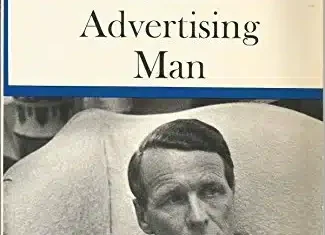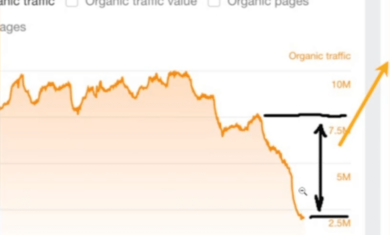The psychology of selling makes me kind of sad. I wish that everyone could just price fairly, explain the product honestly, and we’d go from there. That’s clearly a dream that will never happen, and psychology will always play a part in human-led purchasing decisions.
What’s interesting is that psychological tricks can work even if the customer knows that they’re happening. From “Poor Charlie’s Almanack“:
Contrast-misreaction tendency is routinely used to cause disadvantage for customers buying merchandise and services. To make an ordinary price seem low, the vendor will very frequently create a highly artificial price that is much higher than the price always sought, then advertise his standard price as a big reduction from his phony price. Even when people know that this sort of customer manipulation is being attempted, it will often work to trigger buying.
This makes me think of two things.
First, I see Publix and other grocery stores do this all the time. I know it’s bogus and my wife knows it’s bogus, but it still feels good to see the “You saved $31.41 on your order today” at the bottom of your receipt.
The other is the J.C. Penney story from recent years, when former Apple executive Ron Johnson took over and removed essentially all of the fake sales prices. In a great write-up on Chief Executive, they explain his mistakes as follows:
In early 2012, Johnson announced a major overhaul of the way JC Penney does business, with a new “fair and square” everyday low pricing scheme to replace the “fake prices” used commonly in the past. The idea sounded great—in theory. Didn’t everyone hate those “fake prices,” which were inflated only so that the inevitable discounts would seem tempting?
Well, they didn’t actually. Johnson thought it made sense to cut to the chase by listing realistic prices from the get-go and foregoing nonstop sales. It does make logical sense, after all. But shoppers aren’t purely logical creatures. They’re often drawn to stores not by the promise of fair pricing, but by the lure of hunting for deals via coupons and price markdowns. It’s all a game, and a contrived one at that. But it’s a game that shoppers are accustomed to playing, and that many — consciously or not — like playing, with the “How Much You Saved” line at the bottom of the receipt serving as a score.
Johnson lasted less than two years at J.C. Penney before he was fired and the fake sales prices all came back. We all like to think that we just want simple and fair pricing, and perhaps some people really do, but for the rest of us those little games they play will continue to work — even if we know exactly what they’re doing to us.




